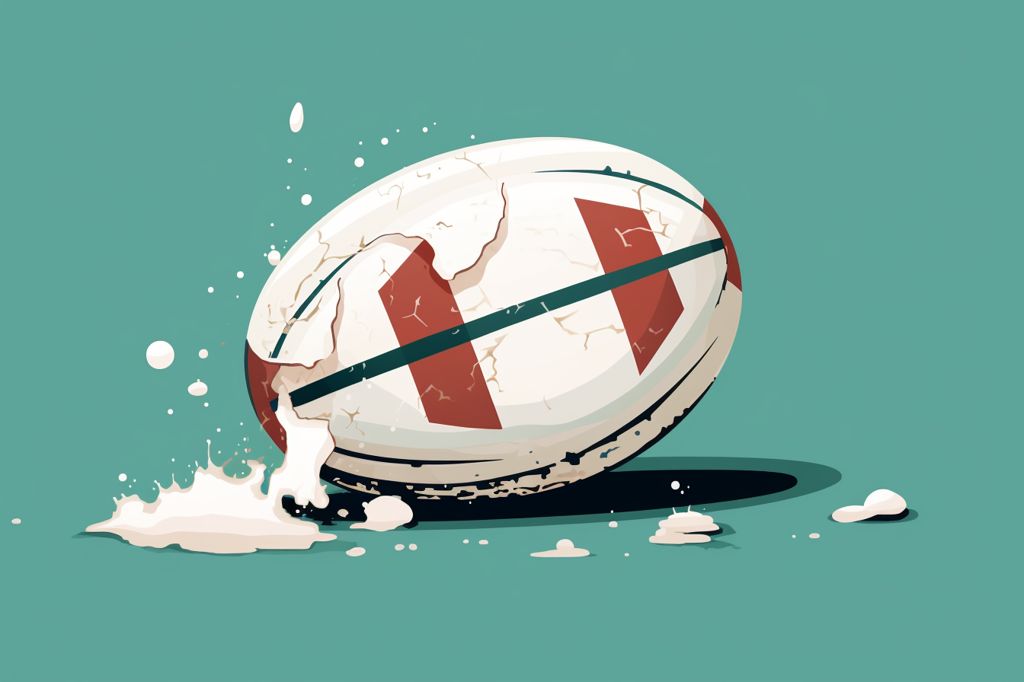The Problem of Vaal River Pollution
The Vaal River is a crucial water source in South Africa. However, it has been plagued by pollution for years. The discharge of raw or inadequately treated sewage by the Emfuleni Local Municipality into the river system has caused damage to the river’s ecosystem and its surrounding environment. This pollution not only threatens the health and well-being of millions of people but also has negative effects on agriculture and industrial activities.
The Court Order and Vaal River Intervention
Save The Vaal Environment, a non-governmental organization, launched a court application in 2018, which highlights concerns about the pollution of the Rietspruit River, Klip River, Vaal River, and the Vaal River Catchment Area. The High Court of South Africa ordered Minister of Water and Sanitation, Mr. Senzo Mchunu, to file an affidavit outlining the measures taken in respect of the Minister’s Vaal River Intervention in terms of Section 63 of the Water Services Act, 1997. The court’s order came on June 26, 2023, as part of an agreement between the parties involved in the case.
The Section 63 Vaal Intervention is a priority project in Gauteng, which aims to combat the pollution of the Vaal River. The project includes upgrading water infrastructure, refurbishment, operations and maintenance, sustainability, water conservation, water demand management, and advocacy within the Vaal area. The intervention’s primary goal is to address urgent matters related to security of supply and enhance the capacity of the embattled Emfuleni Local Municipality.
Rand Water’s Appointment
Rand Water was formally appointed as the designated Implementing Agent for the Vaal Intervention on October 5, 2021. Minister Mchunu is expected to file a detailed affidavit providing updates on the various aspects of the Intervention.
The Importance of Collaborative Efforts
The ongoing court case and Minister Mchunu’s affidavit will undoubtedly shed light on the progress made in addressing this pressing environmental issue. The collaborative efforts of Save The Vaal Environment, the Ministry of Water and Sanitation, and Rand Water represent a united approach towards a sustainable solution for the Vaal River pollution problem. The progress made underlines the importance of public-private partnerships in addressing complex environmental challenges.
Efforts to curb pollution in the Vaal River are crucial for securing clean water, preserving biodiversity, and protecting the well-being of millions of people. The Section 63 Vaal Intervention serves as a testament to the determination and commitment of all stakeholders involved in this crucial endeavor to protect and preserve the Vaal River and its surrounding ecosystem for present and future generations.












